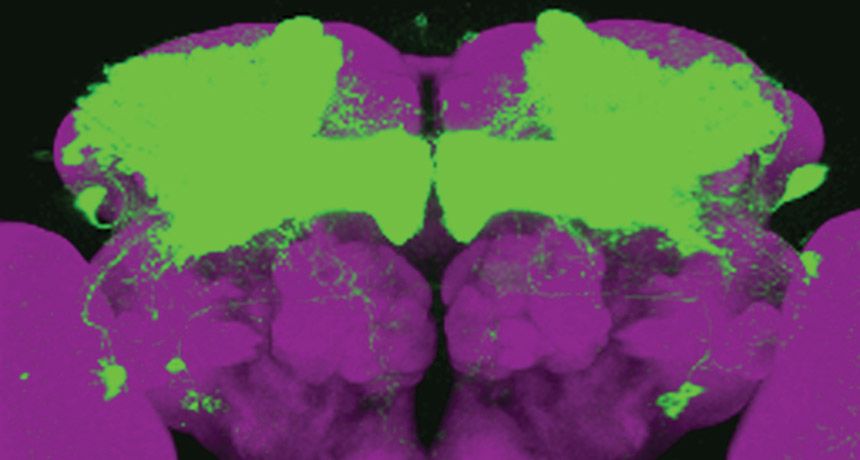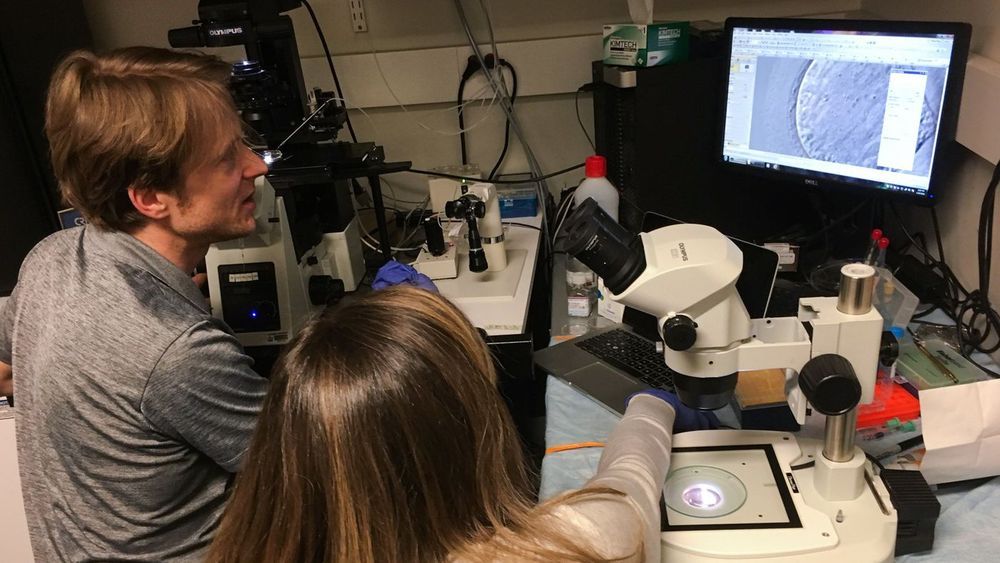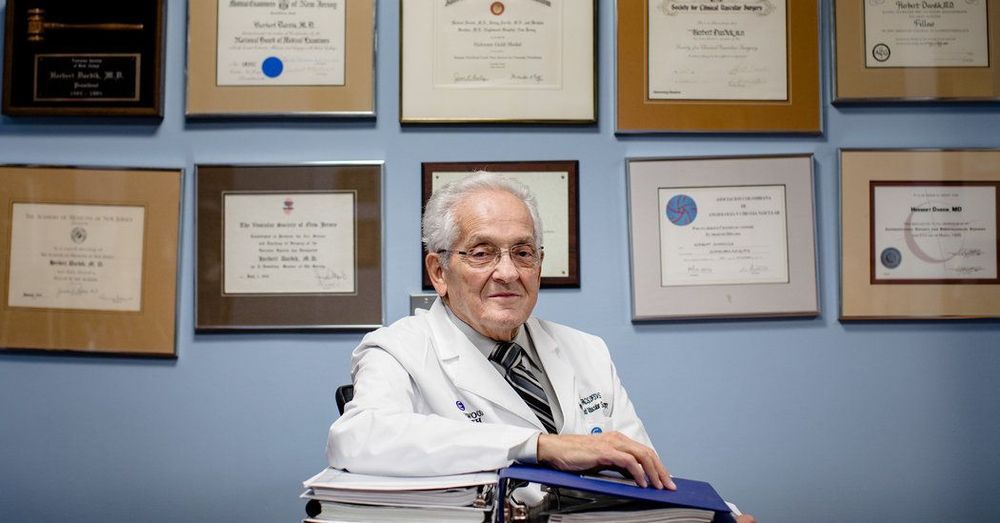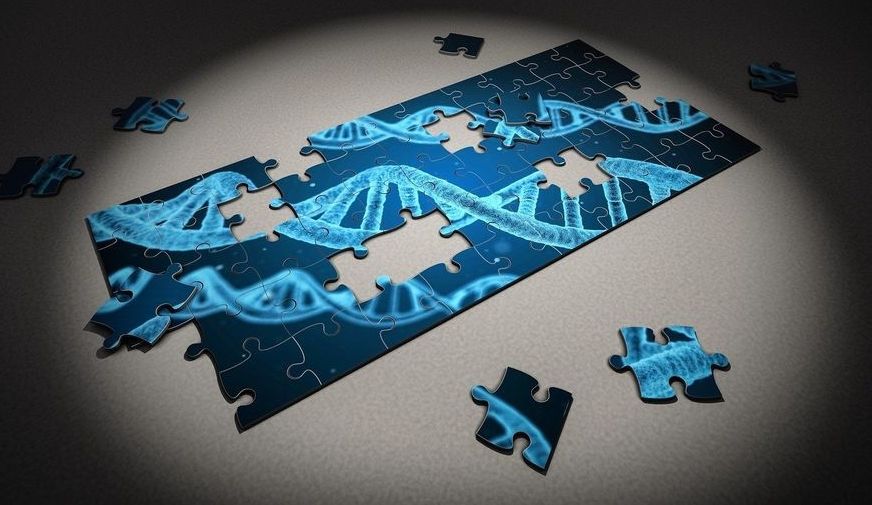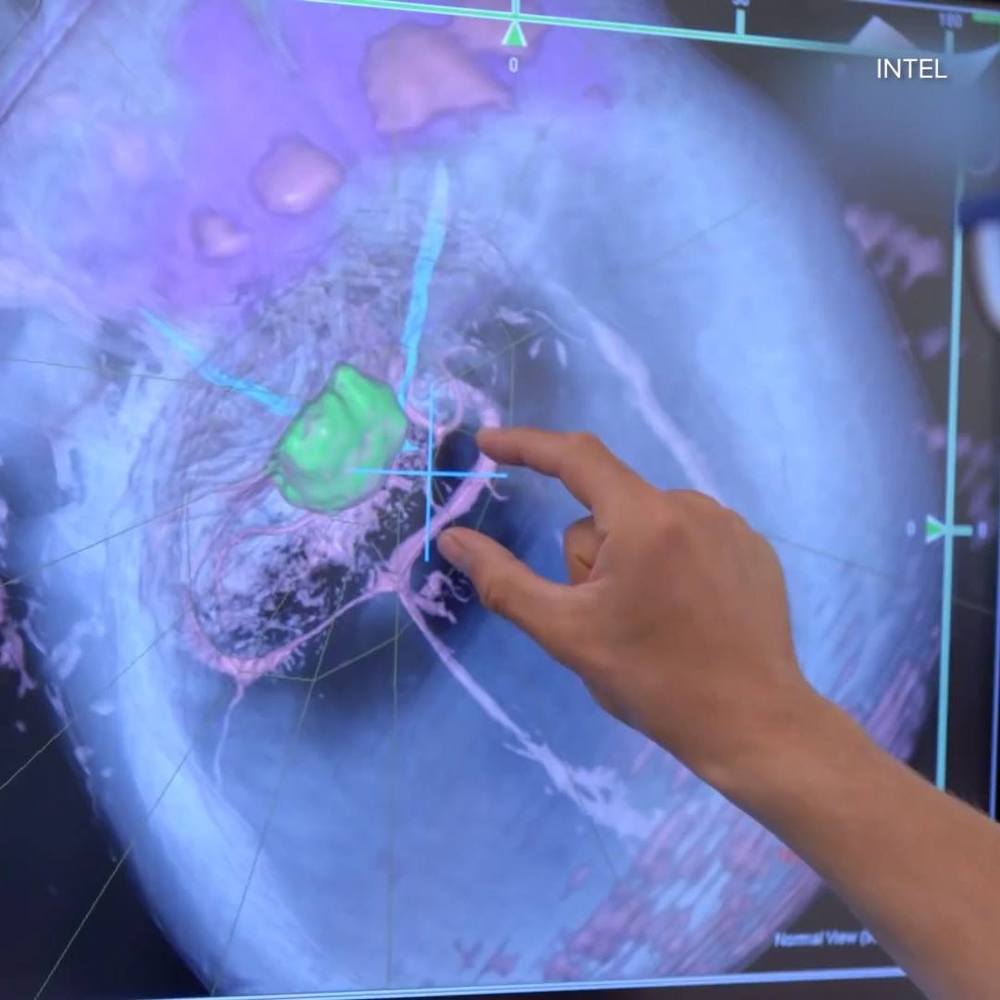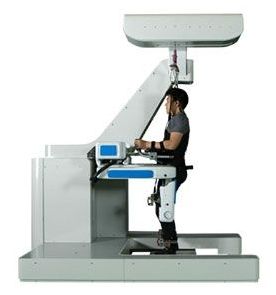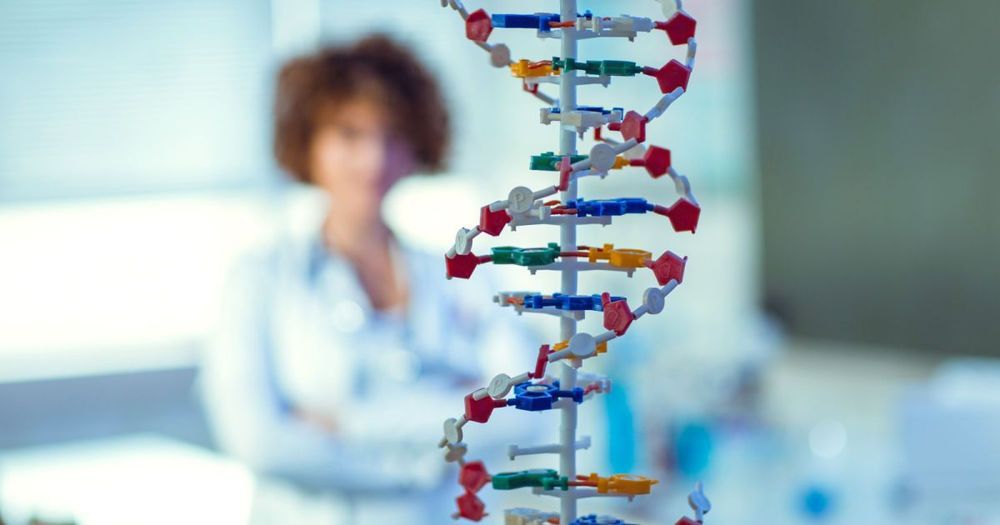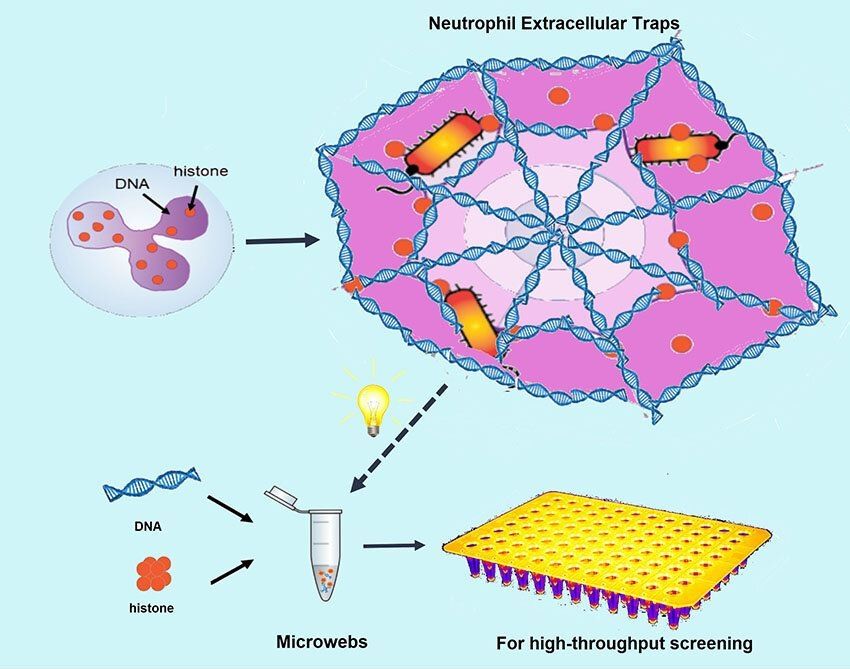Archive for the ‘biotech/medical’ category: Page 2204
Feb 1, 2019
New U.S. Experiments Aim To Create Gene-Edited Human Embryos
Posted by Genevieve Klien in categories: bioengineering, biotech/medical, genetics, health
CRISPR And Human Embryo Experiments Underway In The U.S. : Shots — Health News Despite outrage over gene editing in China that affected the birth of twins, research is underway in the U.S. to assess the safety and effectiveness of CRISPR tools to edit genes in human embryos.
Feb 1, 2019
When Is the Surgeon Too Old to Operate?
Posted by Genevieve Klien in category: biotech/medical
A handful of hospitals have instituted mandatory screening procedures for medical professionals over 70. Many have been unenthusiastic about the idea.
Feb 1, 2019
Exploring the dark side of the genome
Posted by Xavier Rosseel in categories: biotech/medical, genetics, supercomputing
Dr. Rico explained: “When we compare human genomes from different people, we see that they are way more different than we initially expected when the Human Genome Project was declared to be ”completed” in 2003. One of the main contributions to these differences are the so called Copy Number Variable (CNV) regions. CNV regions are in different copy number depending on each individual, and their variability can be greater in some human populations than others. The number of copies of CNV regions can contribute to both normal phenotypic variability in the populations and susceptibility to certain diseases.
Research has shown a direct relationship between mutations in introns and variability in human populations.
One of the greatest challenges of genomics is to reveal what role the ”dark side” of the human genome plays: those regions where it has not yet been possible to find specific functions. The role that introns play within that immense part of the genome is especially mysterious. The introns, which represent almost half the size of the human genome, are constitutive parts of genes that alternate with regions that code for proteins, called exons.
Feb 1, 2019
This tech is making brain surgery safer
Posted by Shailesh Prasad in categories: biotech/medical, neuroscience
Feb 1, 2019
Healbot-T Rehabilitation Robot
Posted by James Christian Smith in categories: biotech/medical, robotics/AI
Feb 1, 2019
At-home DNA testing company gives the FBI access to its database
Posted by Genevieve Klien in category: biotech/medical
Family Tree DNA has agreed to team up with the FBI, but it says feds won’t be able to see more information than any other user can.
Jan 31, 2019
Smart building materials to watch in 2019
Posted by Quinn Sena in categories: biotech/medical, habitats
Smart building materials are altering the fabric of the housebuilding industry. Housebuilders are already looking ahead to the days when homes will fix themselves, serve their residents and tell us how we can build them better.
SMART CONCRETE
While housebuilders gaze into the future, researchers have been turning to the past for inspiration. Over the last few years, the DNA of concrete has been decoded and rewritten by scientists to make the material that built the Roman Empire fit for the future.
Continue reading “Smart building materials to watch in 2019” »
Organized by drug name, this comprehensive listing of Neurology FDA Approved Drugs by the Food and Drug Administration features facts on…
Jan 31, 2019
Understanding white blood cells’ defense mechanisms could lead to better treatments
Posted by Quinn Sena in category: biotech/medical
Experiencing a bacterial infection? You’re generally prescribed antibiotics by your doctor. But how exactly do those antibiotics and your white blood cells work in tandem to improve your infection?
“The human body’s first line of defense against bacteria are certain white blood cells called neutrophils,” says J. Scott VanEpps, M.D., Ph.D., assistant professor of emergency medicine at Michigan Medicine. “One of their weapons are neutrophil extracellular traps, also called NETs.”
The traps are microscopic networks of fibers made primarily of DNA that are produced by the neutrophils to capture bacteria. But how exactly they work, VanEpps notes, is still unclear.
